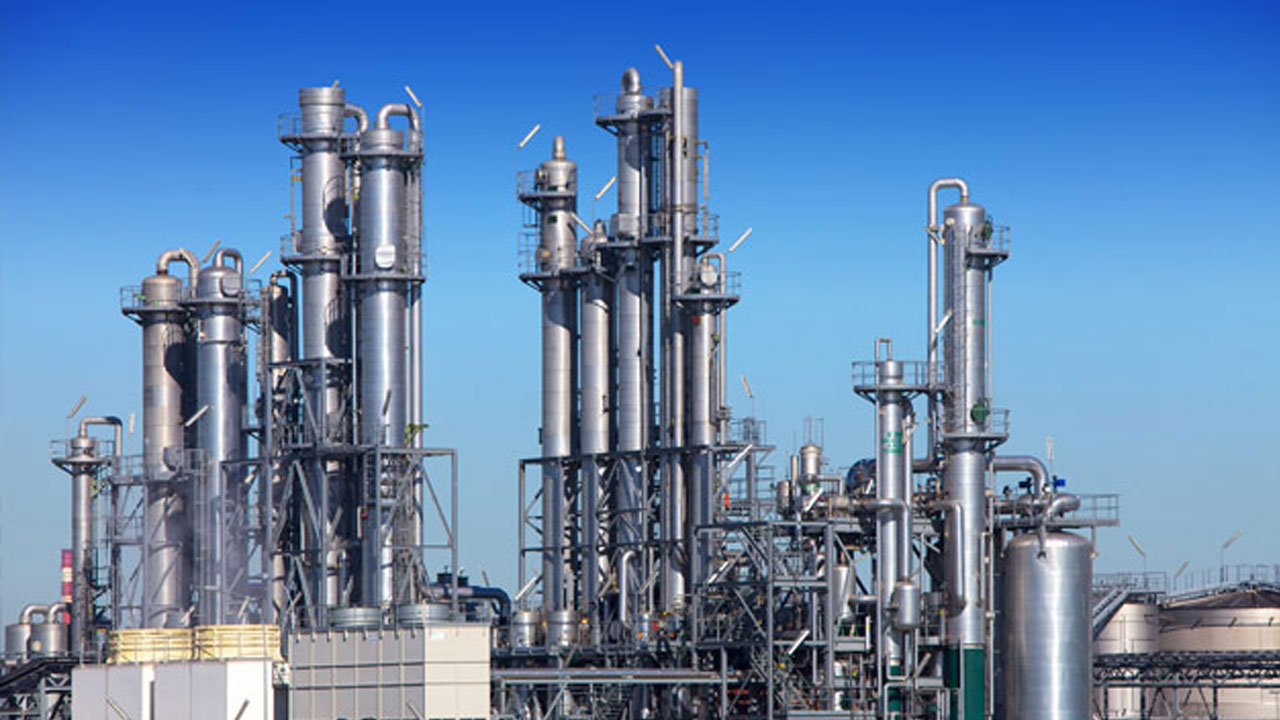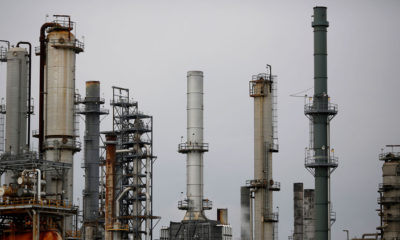- Nigeria Will Refine 900,000 bpd This Year
Barring any distortion in plans, Nigeria will be refining at least 900,000 barrels of oil per day (bpd) in the next 10 years. This was the submission of former Minister of State for Petroleum Resources, Dr Ibe Kachikwu.
In an interview with reporters in Abuja, the ex minister said the country is capable of achieving the feat in view of the efforts made by the Federal Government to crude production and refining in the country.
He said the country will be producing 650,000 barrels of crude oil per day from Dangote Petrochemical Refineries soon, ditto getting another 250,000 bcpd from 10 modular refineries in the Niger Delta region during that period.
Kachikwu said: ”The modular refinery, which was a concept we pushed in order to engender peace in the Niger-Delta region, is currently working successfully. Three modular refineries are nearing production, while seven of the refineries are at the verge of completing their Final Investment Destinations (FDIs) plans. So, if those 10 refineries come on board in the next two to five years, they will be providing 250,000 bpd.
He added: “This, when added to the output of Dangote Petrochemical Refineries, which is expected to refine 650,000 bpd, will bring the total refining capacity of Nigeria to 900,000 bpd. I tend to look at the refineries from the perspective of the volumes they are producing, not physical assets.
The refinery, Kachikwu said, is an export earner, adding that Nigeria needs to be able to supply product to meet the needs of countries in West Africa, East Africa and Southern Africa.
He said he made efforts to increase the country’ s crude output, by holding discussions with countries in the Gulf region on how to refine crude oil for Nigeria.
“I also made efforts to talk to the governments of countries in the Gulf Region such as Saudi Arabia, Qatar and China by trying to see whether they would be interested in coming in both for the purpose of building refininery plants for Greenfield and Brownfield projects and the response has been positive,” he added.
Nigeria, he said, is at the threshold of signing a Memorandum of Understsnding( MoU) with South Africa, which will cover refineries, as well as construction of pipelines and Liquefied Natural Gas( NLG) investment.
On PIB, the former Petroleum Minister, said the Petroleum Industry Bill will enable more investors come into the indudtry by widening spaces for them to contribute to the growth of the nation’s energy sector.
The bill, he said, will also protect the rights of those who have been given licenses, adding that through this, a safe operating environment will be created for investors.
Raising funds, Kachikwu said, would be made easier once there is a safe environment in the Industry.
He said the right to make the country proud behoves on all Nigerians, arguing that such idea would lead to the growth of the economy.
Achieving this feat, Kachikwu argued, would not happen if the country is looking at the economic growth from short term angle, adding that it was wrong on the part of Nigerians to conclude that the Federal Government has awarded oil blocks to some individuals in the last four yearrs.
The government, he said, has not given licenses out for operators in the maginal fields, stressing that Mr President intends to sanitise the industry, before oil blocks are giving out to Nigerians, who would make good use of them.

 Naira4 weeks ago
Naira4 weeks ago
 Naira4 weeks ago
Naira4 weeks ago


 Naira4 weeks ago
Naira4 weeks ago




 Naira3 weeks ago
Naira3 weeks ago
 Commodities4 weeks ago
Commodities4 weeks ago


 News4 weeks ago
News4 weeks ago


 Banking Sector4 weeks ago
Banking Sector4 weeks ago
 Travel4 weeks ago
Travel4 weeks ago






















